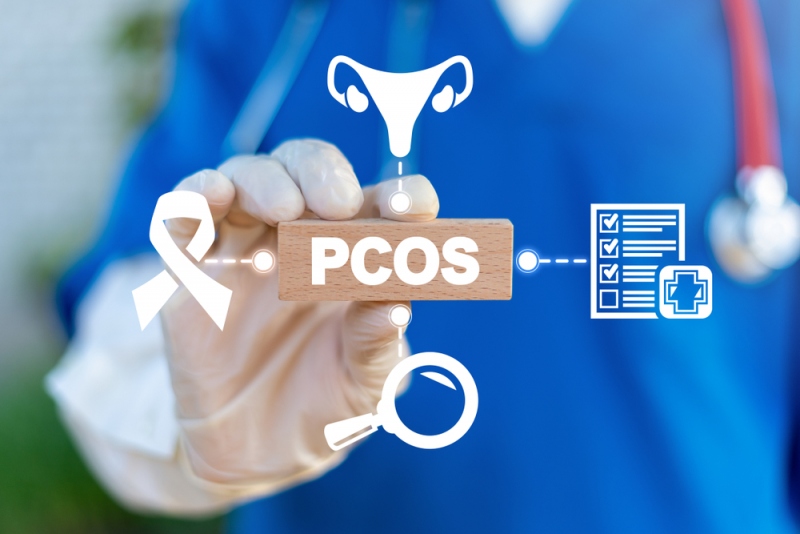Polycystic Ovary Syndrome, also known as Polycystic Ovarian Syndrome (PCOS for short), or Polycystic Ovary Disease (PCOD for short) is estimated to affect as many as 20% of women in the UK. It’s one of the most widespread challenges to fertility you could experience, and even if you aren’t affected, it’s likely you could have a friend or partner who is. This makes it well worth understanding how the condition affects you, and perhaps most importantly how it affects your fertility and what you can do about it.
Fertility and PCOS
Getting pregnant when you have PCOS is a challenge. This is well known what’s less commonly understood is why: precisely how the condition affects your reproductive system and the mechanism by which it does so.
PCOS and ovulation are linked: the hormonal imbalances that make up PCOS interfere with when you ovulate, making it slower, less frequent and less predictable, and sometimes causing your body to skip it altogether.
The key to restoring some balance and improving your PCOS-affected fertility is to help your body ovulate more: not just more often, but more predictably, so you known when you’re due to ovulate and therefore when is the best time to try to conceive.
Ovulating More
While symptoms of PCOS are caused by high levels of three hormones, Insulin, Oestrogen and Androgen (or Testosterone), the high levels of Oestrogen and Testosterone are themselves caused by high Insulin levels! If you can control the amount of Insulin your body produces, you can address every other symptom of the condition!
The first change you can make is to your diet: switching to a low GI diet can help to regulate the level of insulin your body creates, bringing it back to a more normal level. This involves avoiding foods with a high sugar content that can lead to a spike in insulin levels, and substituting foods that lower in sugars, leading to a gradual release of blood sugar over time, and more regular insulin production. Wholegrains, pulses and carefully chosen fruit and vegetables can all be part of healthy low GI diet.
You can also try to raise your level of general health with moderate exercise – this can help you lose some of the weight that PCOS causes you to gain, and lead to a further reduction in Insulin production (and Oestrogen too, as Oestrogen is made in the fat cells).
Finally, you can support your efforts with dietary supplements – Inositol is a compound found in some foods that helps your body use Insulin effectively. If you’re not getting enough in your diet, or your body isn’t absorbing it correctly, you can benefit from topping up your levels, and restoring more normal ovarian function!
